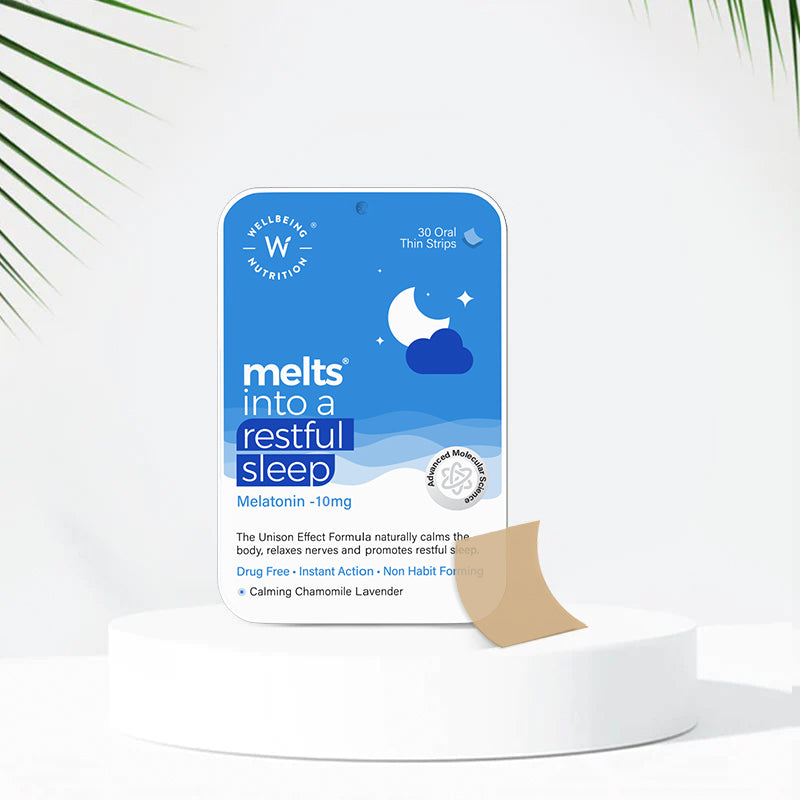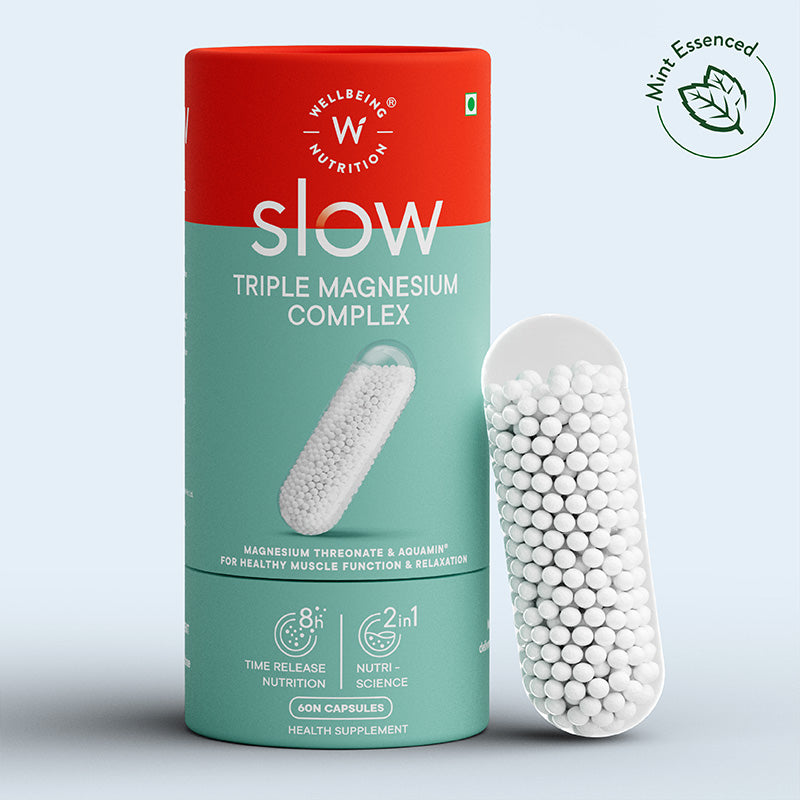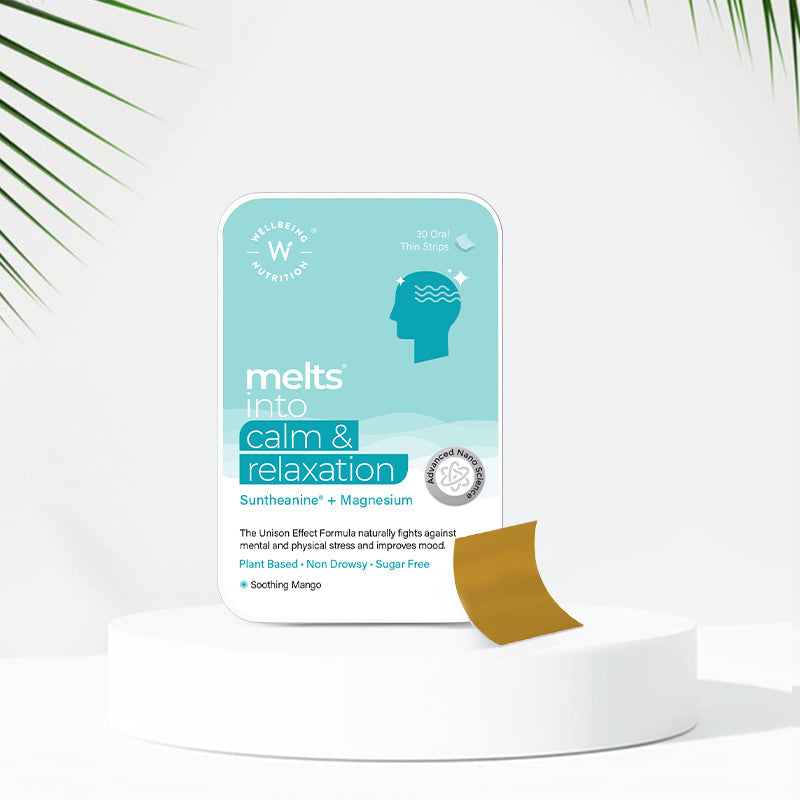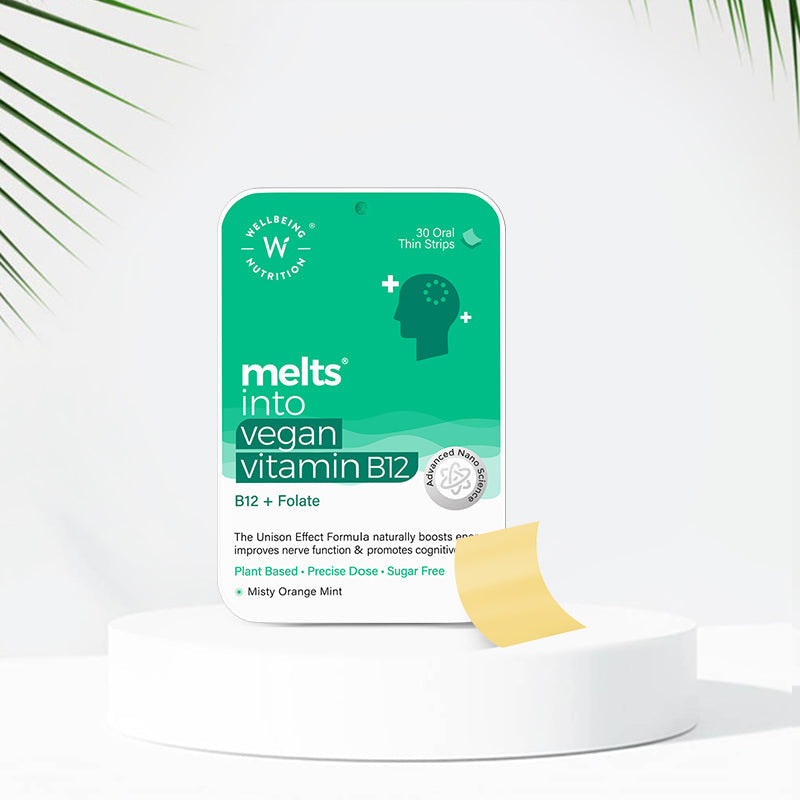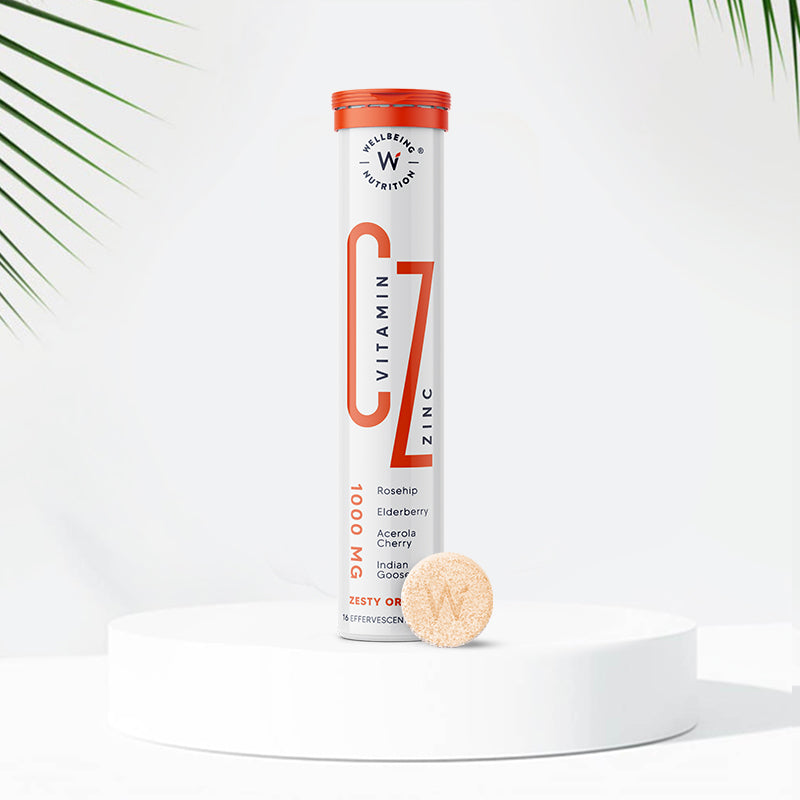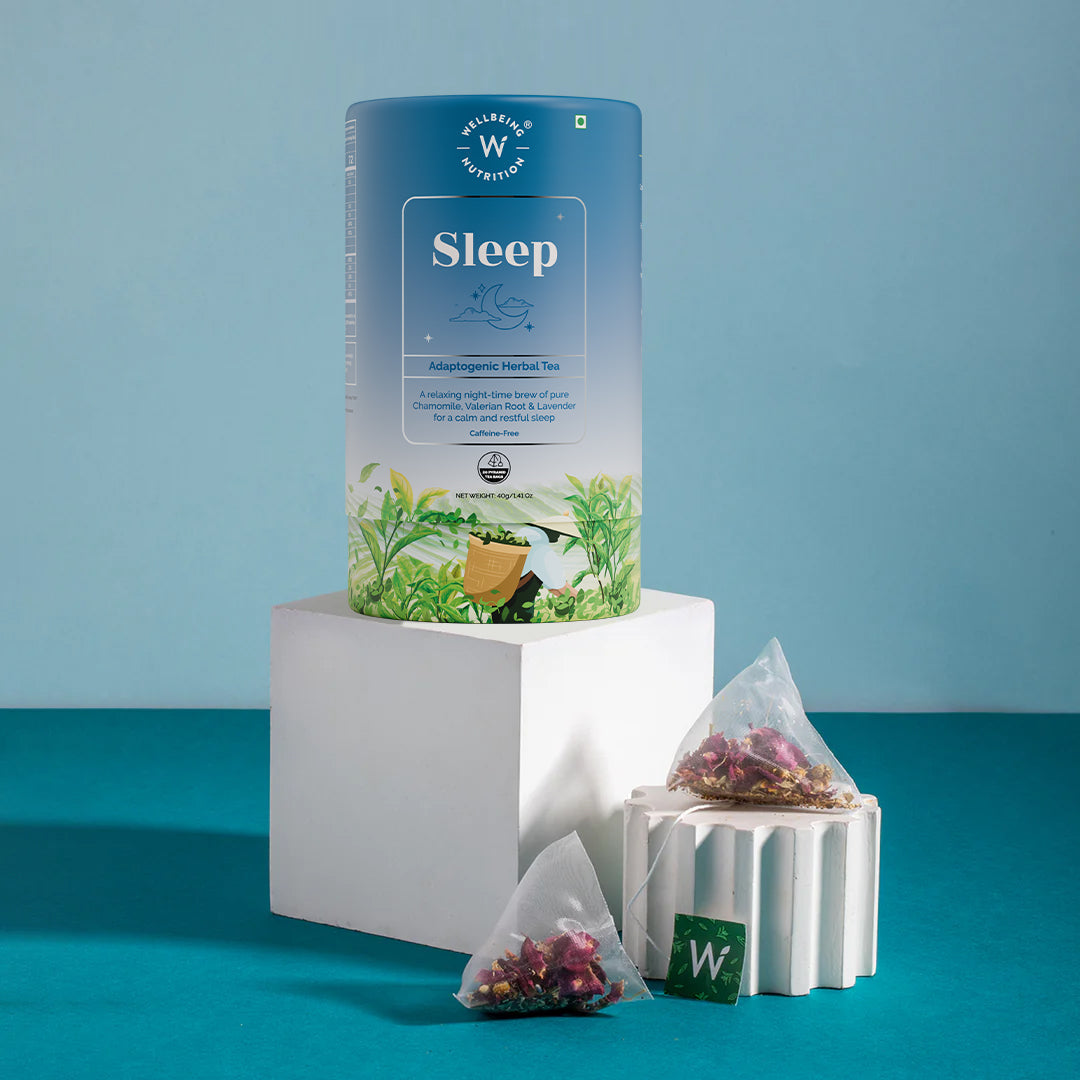
Stress Relief
-
- Regular price
- $22.99
- Sale price
- $22.99
- Regular price
-
$24.99 - Offer
-
8% off
-
- Regular price
- $24.99
- Sale price
- $24.99
- Regular price
-
$26.50 - Offer
-
5% off
-
- Regular price
- $34.99
- Sale price
- $34.99
- Regular price
-
$37.99 - Offer
-
7% off
-
- Regular price
- $24.99
- Sale price
- $24.99
- Regular price
-
$26.50 - Offer
-
5% off
-
- Regular price
- $24.99
- Sale price
- $24.99
- Regular price
-
$26.50 - Offer
-
5% off
-
- Regular price
- $24.99
- Sale price
- $24.99
- Regular price
-
$29.99 - Offer
-
16% off
-
- Regular price
- $18.99
- Sale price
- $18.99
- Regular price
-
$20.99 - Offer
-
9% off
-
- Regular price
- $24.99
- Sale price
- $24.99
- Regular price
-
$26.50 - Offer
-
5% off
-
FAQ - Stress Relief
Do you often feel stressed? Everyday stress can wreak havoc on your body, stress leading to all sorts of health problems, from high blood pressure to heart disease.
Stress has been called the silent killer, because it can have damaging effects on your body and your mind over time, stress leads to headaches, muscle tension, increased heart rate, difficulty sleeping and even serious conditions like heart disease and depression.
While some stress can be good (such as the fight or flight response that triggers when you encounter an obstacle), but most types of stress are unhealthy and even dangerous to your health if left unchecked. Stress reduction techniques can help you keep your stress levels in check and reap the many rewards that come from taking good care of yourself.
How can I reduce stress quickly? What causes stress?
Stress is a normal part of life, but it doesn’t have to wreak havoc on your health. Long-term stress (also known as chronic stress) can lead to major health problems like depression, anxiety, heart disease and cancer.
Short term stress (commonly referred to as acute stress), on the other hand, is not nearly as harmful—so much so that some researchers suggest our bodies actually rely on short term stress for survival. Identify areas where you may be able to improve.
Both type of stress acute (lasting for a few hours or days) or chronic (persisting over months or years) can be external, mostly stress caused by our environment and relationships, or internal, stemming from factors within ourselves. No matter where stress comes from, there are steps you can take to reduce it. Try breathing exercises or yoga, and set aside time for relaxation, each day.
What is the best supplement for anxiety and stress? Do stress relief supplements work?
When faced with acute stress, your body is designed to release a burst of cortisol and adrenaline. These hormones give you a short-term burst of energy so that you can take action. When faced with chronic stress, however, your adrenal glands remain in overdrive, releasing excessive amounts of these hormones. Over time, these elevated levels may lead to conditions such as hypertension (high blood pressure), obesity and heart disease—not to mention exhaustion and anxiety.
To relieve stress some supplements can help fight off stress by alleviating symptoms like insomnia, irritability, depression, and headaches. Consider supplementing your diet with adaptogens like Rhodiola Rosea, vitamin c and zinc tablets, B complex vitamins, kava, matcha green tea or ashwagandha;
If you’re feeling anxious, fish oil (EPA) or magnesium citrate may be able to help. What works for one person might not work for another, but it’s worth experimenting with! Always talk to your doctor before starting any new supplement regimen or taking medication.
Will matcha green tea help reduce stress levels?
Matcha green tea contains L-theanine, which has been shown to reduce stress and improve mood. Drink it before a big meeting or an exam. Studies show that drinking matcha green tea causes significantly reduce stress than taking in caffeine alone; one of its properties is that it releases dopamine, inducing calm instead of spikes in stress hormones. It’s thought that L-theanine might be behind these stress-reducing effects.
What is the difference between chronic stress and oxidative stress?
Chronic stress is when stress hormones are constantly in your body, and oxidative stress is when inflammation increases in your body due imbalance of free radicals and antioxidants in the body.
The keto diet essentially puts you into mild-ketosis—when your body uses fat for energy as opposed to carbohydrates or sugars—which can also cause oxidative stress due to imbalance of hormones.
What are the long term effects of stress?
When you’re under a lot of stress, your body releases certain hormones that affect your heart rate, blood pressure, and other physiological processes. When you’re exposed to long-term stress or are exposed to an acute stressor for an extended period of time (e.g., experiencing or witnessing a life-threatening event), these systems remain in overdrive, which can have a serious impact on your health and longevity.
Your immune system also goes into overdrive when you experience stress, causing inflammation throughout your body that can stress lead to conditions like asthma and arthritis. And chronic stress has been linked to headaches, digestive problems, back pain and depression—just to name a few potential consequences. This is why it’s so important to find ways of reducing stress at work... and in life!
How can I have a healthy mind? How can I strengthen my brain?
The brain is a muscle, and just like any other muscle in your body, you can make it stronger by using it more often. If you want to reduce stress and have a healthy mind, there are many ways you can strengthen your brain. Here are some simple techniques that’ll help you take control of your thinking.
- Meditation: Techniques like meditation or guided imagery will teach you how to improve concentration and get out of your own head for a while.
- Exercise: Getting exercise is one of the best things you can do for yourself. Not only does it provide clear stress relief benefits, but exercising regularly has also been shown to increase grey matter in areas of your brain associated with memory function and emotional regulation – both important factors when considering how to reduce stress.
- Find Your Passions & Hobbies: When we discover what we’re passionate about, our brains light up; getting involved in activities we love gives us pleasure and happiness. This release of dopamine acts as a natural mood booster and stress reliever - while being around people who share our passions helps build meaningful relationships that combat loneliness. Use these stress reduction tips today so you feel happier, calmer and healthier!
- Treat Yourself: Now that you know how to reduce stress naturally, go reward yourself! Now that you know how to reduce stress naturally, go reward yourself! Take a nice long bath, binge-watch your favorite series from start to finish, buy yourself flowers... whatever works for you. You deserve it after working hard on self-improvement!
- Don’t overthink things: After stress hits, try not to let negative thoughts spiral out of control. Our minds generally tend towards negativity, so it’s easy to dwell on all that might go wrong instead of focusing on all that could go right.
- Women appear more prone to stress than men Stress is a real problem for all world. In fact, it’s estimated that 75 percent of visits to primary care physicians are due to stress-related complaints.
- Stress can make you feel hot: If your stress levels are rising and you find yourself sweating even when it’s not particularly warm outside, your body may be trying to cool itself down using one of its fight or flight mechanisms
- Some women have stress incontinence: Which means they leak urine from an overactive bladder during times of acute stress. Stress incontinence can also happen after childbirth – sometimes referred to as after baby syndrome – from decreased estrogen levels in combination with weak pelvic floor muscles and increased abdominal pressure (due to pushing during delivery). For these women, stress urinary incontinence may last for weeks or months following childbirth.
What are the various stress management strategies/ techniques?
The stress management strategies and techniques you choose will depend on what kind of stress you’re dealing with. For example, is your stress acute (the day-to-day anxiety that life throws at us) or chronic (anxiety triggered by a specific event)? Is it short-term or long-term? Is it both physical and mental?
There are a number of ways to manage our stress: from breathing exercises and other relaxation techniques, such as mediation, deep breathing, yoga and tai chi Or perhaps you need more active stress relief; exercise is often cited as one of the best methods for reducing stress because it stimulates endorphins, which help lower cortisol levels.
Try meditating, doing yoga, or even getting a massage. If you’re feeling particularly stressed out, consider taking some time off—especially if you aren’t at your most productive during periods of high stress.
The role of vitamin c and zinc tablets in minimizing stress?
Vitamin C is an antioxidant that increases immunity by neutralizing free radicals in your body, reducing inflammation and boosting your immune system. Research has also shown that vitamin C can help boost moods, as well as reduce aches and pains associated with exercise and strenuous activity.
Zinc is another mineral known for its stress-relieving properties; it helps produce neurochemicals like dopamine, serotonin, epinephrine (adrenaline) and norepinephrine (noradrenaline), all of which regulate our moods.
What are 3 interesting facts about stress?


